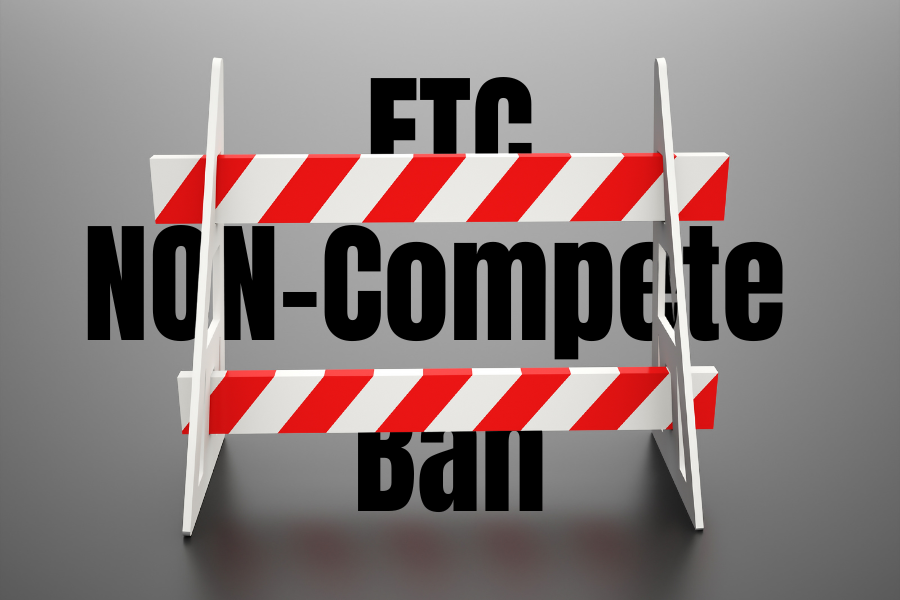Construction Contract Clauses: Integration Clause
Author: Attorney Mark A. Rysberg
Construction contracts are intended to define and memorialize the parties’ expectations regarding how they will perform during the course of a construction project. This series will examine clauses that are routinely found in construction contracts and provide a brief explanation of what they are and why they are important.
The first clause to be considered is the integration clause. An integration clause is language in a contract that prohibits telling a court or an arbitration panel that prior oral arguments, or even prior written agreements, are part of the contract documents. For example, suppose an owner and a general contractor enter into an agreement. The agreement has ten elements, and the parties were discussing orally the eleventh element. If this oral eleventh element is not reduced to writing and included in the written document, chances are that that oral provision will not be enforced due to the fact that the contract is “fully integrated” because it contains an integration clause. A “fully integrated” contract means that all of the prior dealings between the parties have culminated into the written contract and a court or arbitration panel will not look beyond the written contract to determine the obligations of the parties. The following is a common example of an integration clause.
The Contract Documents enumerated in this Agreement form the contract for construction, represent the entire and integrated agreement between the parties hereto and supersede all prior negotiations, representations or agreements, either oral or written.
Notice that the language above makes it clear that the only contract terms are those embodied in the contract documents that are specifically identified in the contract. In other words, prior oral and written agreements are not part of the contract if an integration clause is included. Now, consider why this is important.
First, a written contract is intended to specify all of the terms of the agreement. If an integration clause is not included, there can be significant questions about the terms of the agreement.
Second, enforcing oral or piecemeal contracts is costly and difficult. Imagine having to piece together a contract at the end of a project based on notes, emails, and memory. That can be a difficult, if not impossible, task.
Third, basing decisions on a contract that is not fully integrated can be risky. As you may imagine, decisions to default or terminate are usually made based on the language of the contract. The precursor to those decisions is usually performance requirements set out in other sections of the contract, such as payment timing and scheduling. If one party’s expectations are based on the belief that one of those terms was agreed upon orally before the contract was signed and the other believes those terms are defined by the signed contract, there can be a serious problem because the parties will likely operate on different understandings of their respective obligations. As a result, the party issuing a default may actually be the party in default.
Construction contracts have many different clauses that are intended to work together to accomplish risk transfer and to define performance obligations. When the parties to a contract have a different understanding about what terms are in a contract, problems can result. Therefore, it is important to understand and include planned and precise contract clauses in your construction contracts.
Attorneys who practice in construction law can be a valuable resource for contract review and in-house training that is intended to avoid costly mistakes later.
If you enjoyed this article, you might also like “Construction Contract Clauses Part 2: Flow-Through Provisions.”




